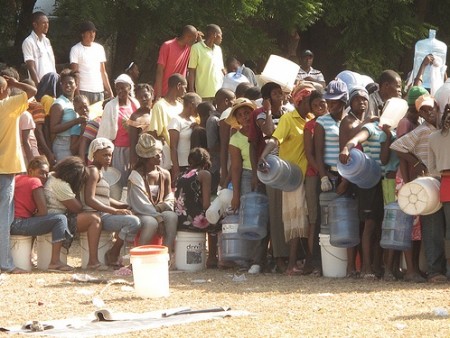
The Rebels are almost victorious, but Darth Gaddafi has missed his chance at a final-scene reconciliation
The world media is abuzz: the Libyan conflict is almost over. And the international community hasn’t been so united behind a ‘rebel’ victory since the fall of the Galactic Empire in Return of the Jedi. Nevertheless, while fireworks will surely rain over Tripoli this week, much like the final scenes of the classic 1980 film, Libyan citizens are unlikely to receive the same sense of closure as Han, Luke and Leia.
As the conclusion to the ordeal plays itself out, Darth Gaddafi has failed to demonstrate to the audience that there was a little ‘good’ in him after all. It appears that there will be no final conciliation scene where he poetically realizes the error of his ways and cleanses his tortured soul. Faced with defeat and presumably hidden somewhere in Tripoli, he has remained defiant. He has refused to acknowledge the jurisdiction of the International Criminal Court, and their arrest warrant against him for crimes against humanity. He has continued to categorically deny the atrocities committed by the armed forces under his command. And he has consistently remained deluded as to the will of the Libyan people.
Rather than admit the evil of his ways, he has retained an Idi Amin-like stubbornness to the bitter end – announcing once again last night that he will fight until ‘martyrdom or victory’. While he remains hidden, he remains free. And therefore closure will not be possible for the Libyan people just yet – at least not until he is captured and forced to accept the consequences of his crimes.




 On Monday, August 29th, the
On Monday, August 29th, the 